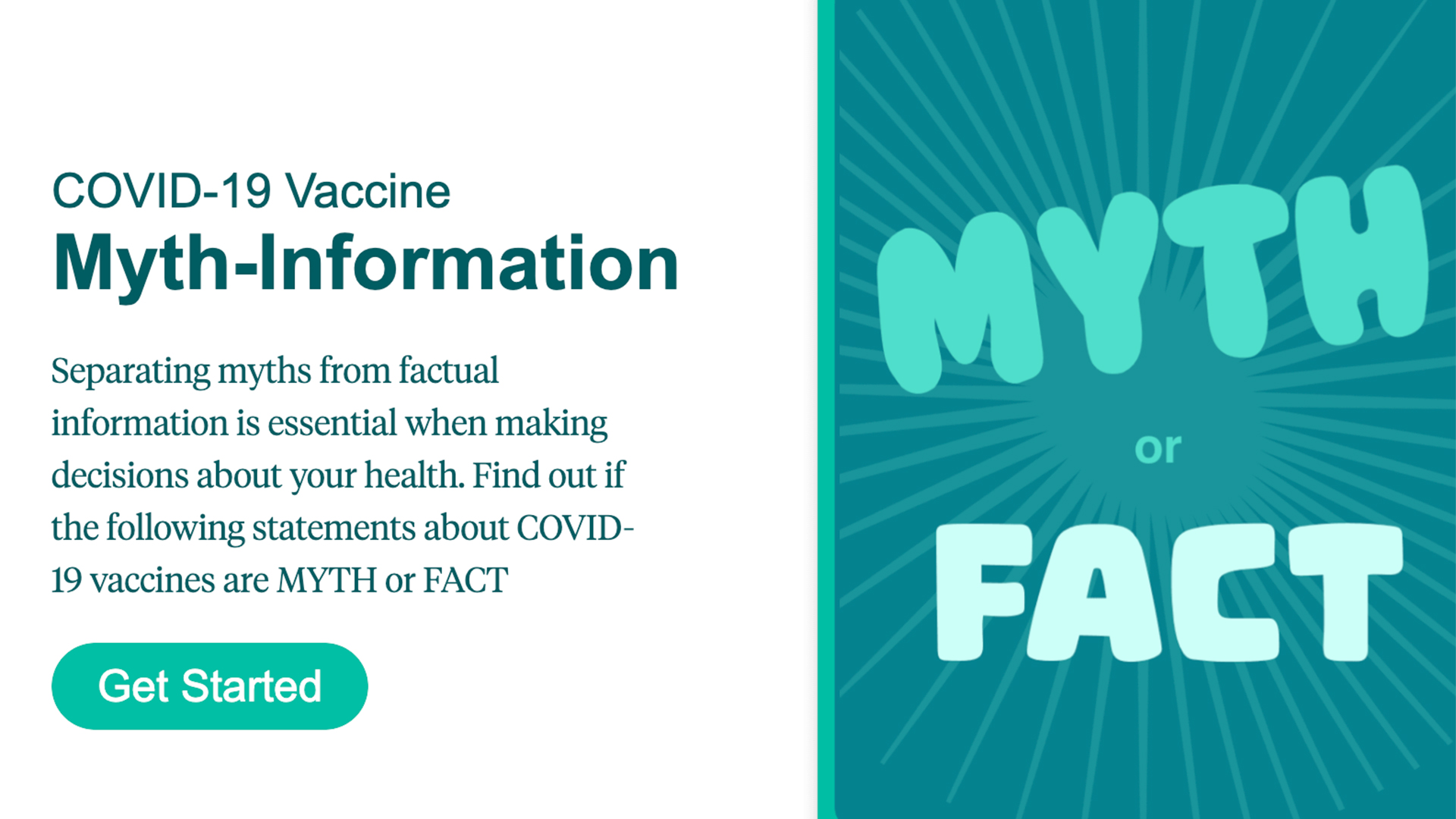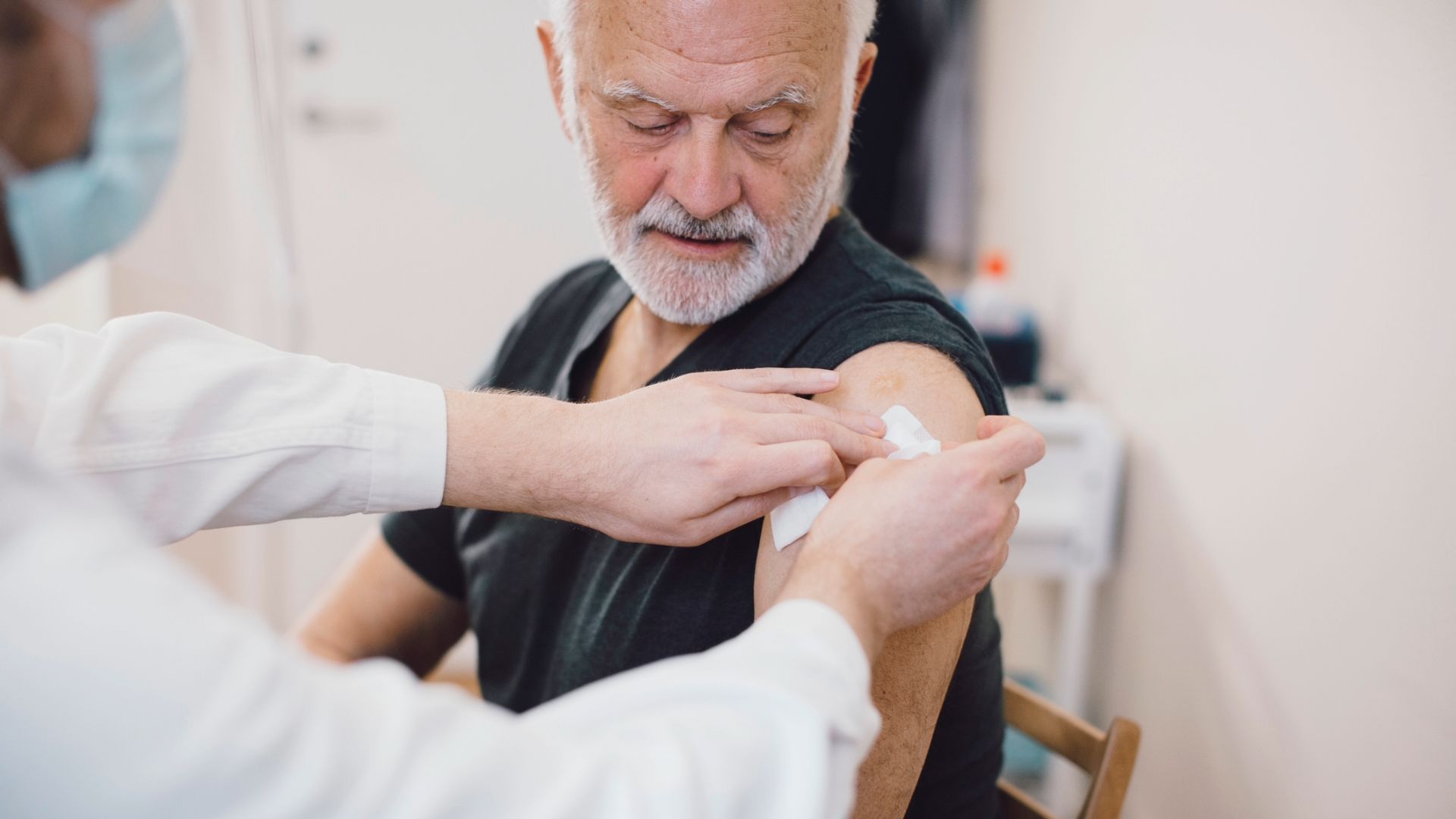COVID-19 is an extremely contagious disease that can cause serious illness.
While a COVID-19 infection resolves within weeks (but sometimes as many as six weeks), there are many people who experience what is known as “long COVID,” also known as “post COVID.”
Long COVID refers to ongoing symptoms and health problems that occur after a COVID-19 infection. According to the Centers for Disease Control and Prevention (CDC), these symptoms develop during or after the initial infection and continue for more than two months. These symptoms cannot be explained by another diagnosis—and it’s important to rule out other potential causes of any symptoms a person experiences following a COVID-19 infection.
While there are no definitive statistics for the number of people who experience long COVID, research shows that as many as 50 percent of people who had COVID-19 develop symptoms of long COVID.
What are the symptoms of long COVID
Symptoms of long COVID present differently from person to person, but may include:
- Fatigue
- Shortness of breath
- Persistent cough
- Difficulty concentrating (sometimes called “brain fog”)
- Gastrointestinal pain
- Heart palpitations
- Changes in menstrual cycle
- Headache
- Changes in sleep patterns
- Anxiety and/or depression
- Muscle, joint, or body aches
Since there is no specific treatment for long COVID, most treatment plans focus on addressing specific symptoms. This can involve working with a number of different healthcare providers.
Some people may need to work with a respiratory therapist, neurologist, cardiologist, sleep specialist, mental health specialist, or some combination of these specialists to address specific needs and health problems. As symptoms change, a treatment plan might change.
Currently, it’s unknown why some people experience long COVID and others do not. Long COVID affects people who are young and old, people who are healthy as well as people with existing health conditions. It has affected people who had severe illness, those who had mild illness, and even those who had asymptomatic infections—although some studies have shown that people who had more severe illness from COVID-19 may be more likely to develop long COVID.
Do vaccines protect against long COVID?
In order to have long COVID, you have to have a COVID-19 infection to begin with—and vaccines help prevent a person from being infected with COVID-19.
In that sense, vaccines do prevent long COVID. They also help prevent you from passing the virus on to someone else who may experience long COVID as a result.
Research about the risk of long COVID among people who have breakthrough infections is ongoing, but there are studies that show people who are vaccinated and experience a breakthrough infection are less likely to have long COVID. In some cases, people who have long COVID saw their symptoms improve after receiving a vaccine.
If you have any questions or concerns about COVID-19, long COVID, or the vaccine, a healthcare provider will be your best source of information.






